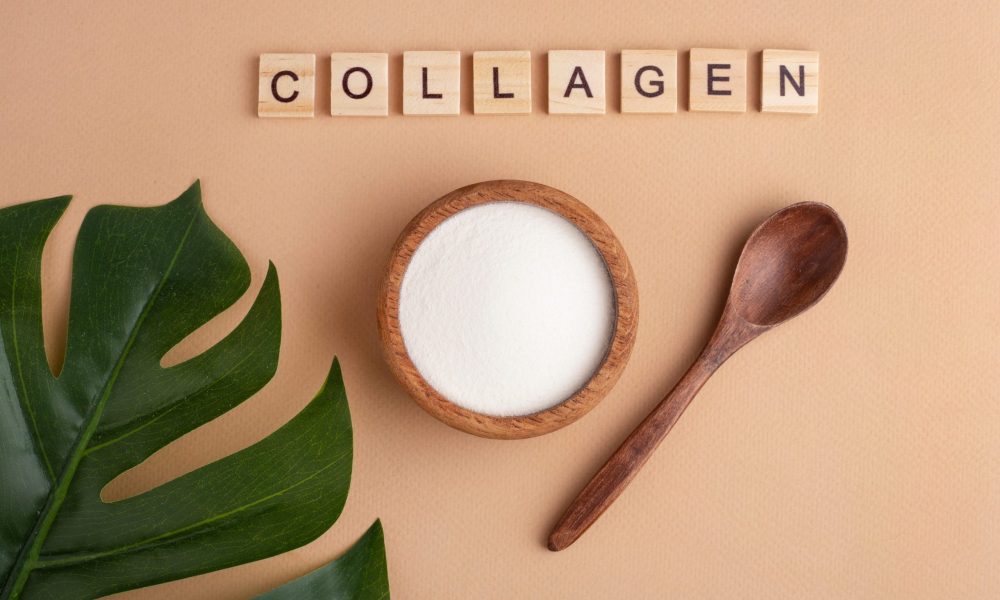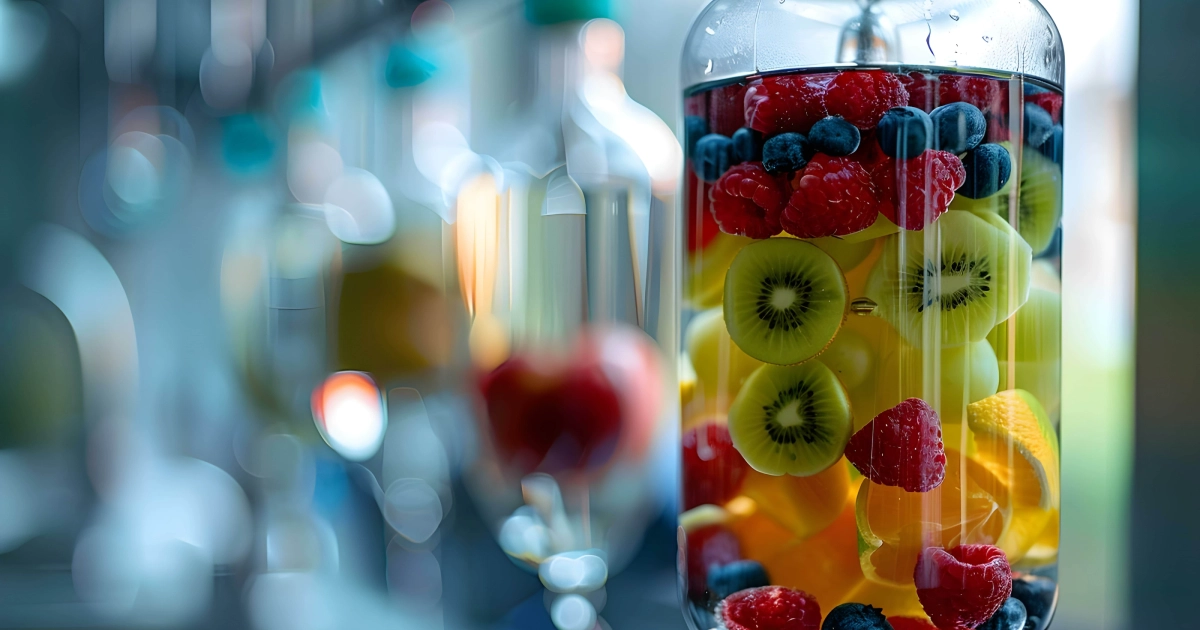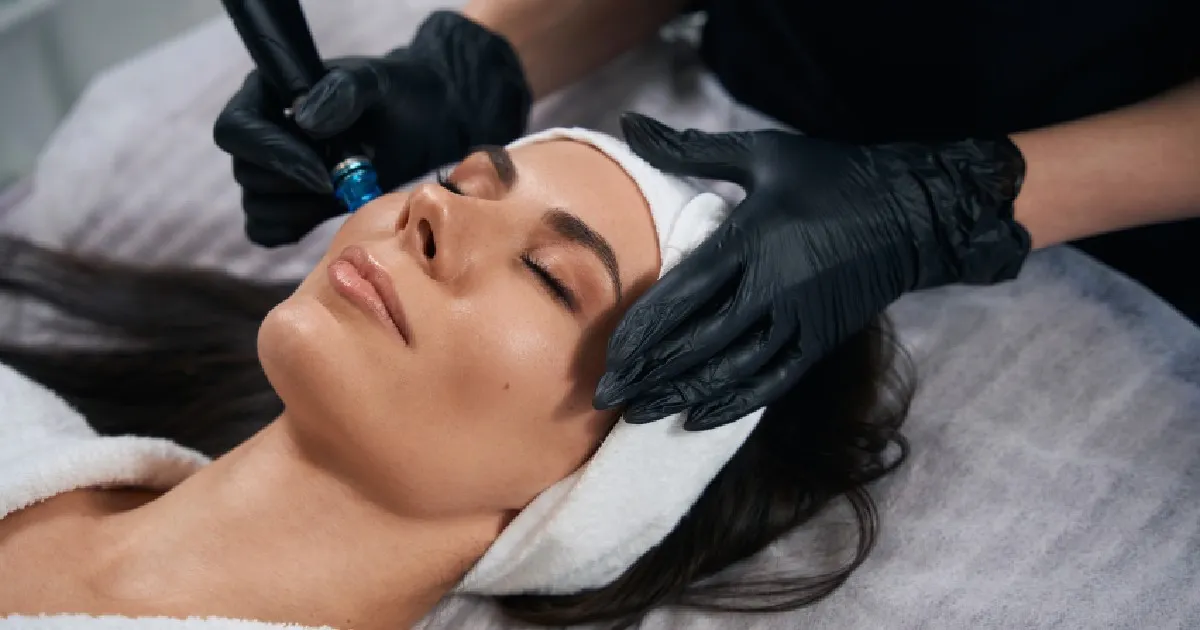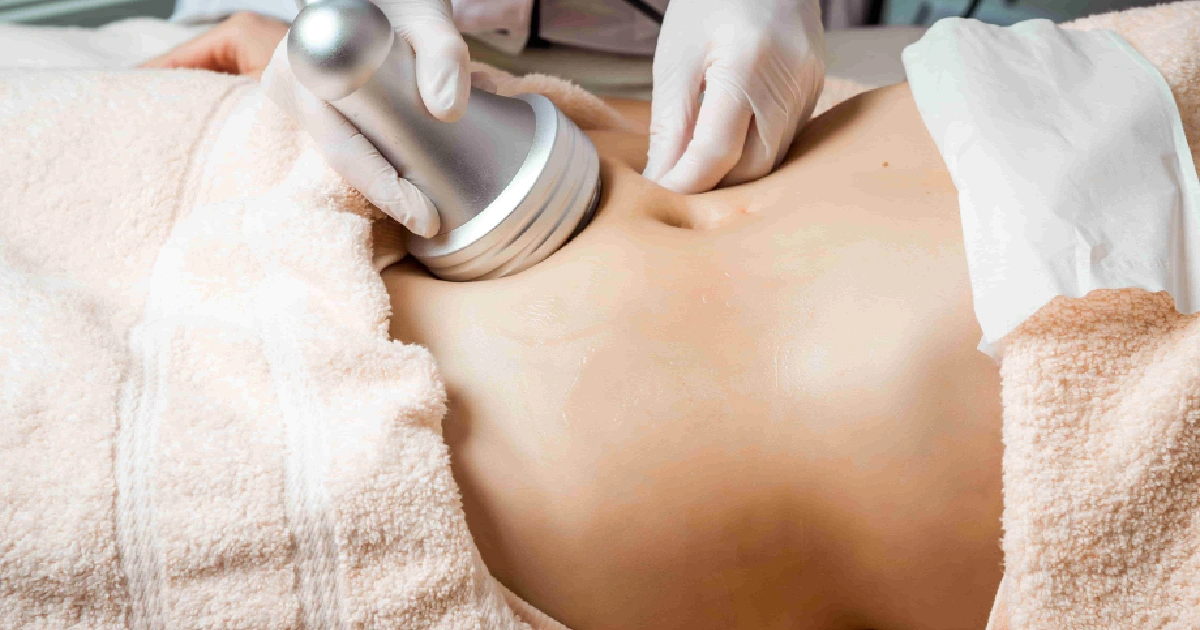Collagen is a protein in your skin, bones, muscles, and tendons. Collagen makes up 70 percent of the skin. Collagen gives the skin its strength. When collagen breaks down, fine lines and wrinkles may appear. As people age, collagen production slows down, but there are ways to increase production naturally so that you keep looking young longer!
Things to Know about Collagen
Collagen is a Protein
Collagen is also responsible for keeping your hair shiny and healthy. When you lose weight or age, collagen tends to disappear from the body because it makes up so many parts of your body’s structure.
Collagen building may benefit those with wrinkles around their eyes or mouth because it makes those areas appear smoother than they are (even if they’re not). Wearing makeup can help hide any signs of aging caused by low collagen production levels by replenishing lost cells with this important protein source!
Collagen Makes up 70 Percent of the Skin
Collagen is the main structural protein in your skin. It makes up 70 percent of the total collagen content in your body and accounts for more than half of all proteins present in the dermis or middle layer of your skin. The rest of this section will cover what happens when collagen breaks down and how it can be used in skincare products.
Collagen is essential to the structure of the skin, making the skin firm and supporting elasticity.
Collagen is a protein that makes up 70% of the skin. It gives the skin its strength, giving it elasticity and keeping it looking healthy.
Collagen is essential to the structure of our bodies, so this vital ingredient plays an important role in keeping us healthy.
Collagen gives the Skin its Strength
Collagen is a protein that makes up 70% of the skin. It gives the skin its strength, elasticity, and suppleness by binding together all other components of your epidermis—the outermost layer of cells on your body. Collagen also acts as an essential structural component of your dermis (the middle layer), which helps to keep it strong and elastic.
In addition to giving you firm, supple skin, collagen protects your immune system against UV damage and other harmful environmental factors like pollution or smoke inhalation!
When Collagen Breaks Down, Fine Lines and Wrinkles May Appear
You may have heard that collagen is a building block of your skin. You may not know that as we age and our bodies break down, our bodies produce less collagen, and therefore more fine lines and wrinkles appear. Collagen breakdown can be slowed by diet and supplements—but until then, it’s up to you to protect your skin’s elasticity with products like moisturizers and sunscreen.
Collagen helps keep the outer layer of skin smooth by keeping it plump and firm; when this layer becomes thinner over time (as it does with aging), the underlying layers lose their ability to hold fat cells in place, which leads to excess oil production on the surface of your face (that annoying shiny look under makeup).
As People Age, Collagen Production Slows Down
As we age, collagen production slows down. Collagen is essential to the skin’s structure and gives it its strength. As people age, their skin loses its elasticity and begins to sag in places where there was once firmness.
This can lead to fine lines and wrinkles on the face that are difficult to disguise with makeup or surgery (which is why you should consider adding some collagen-building supplements into your daily routine!).
Your body doesn’t produce collagen, so you must get it from your diet or supplements.
The body doesn’t produce collagen independently, so you must get it from your diet or supplements. Collagen is made by the body and found in foods like fish, poultry, beans, and nuts. It’s also available as a supplement in most health food stores.
Collagen can Help your Skin Stay Young-looking Longer
Collagen is a natural protein that keeps your skin looking young. It’s found in the connective tissue of the skin, bones, muscles, and tendons. Collagen makes up 70% of our body’s structure—including its skin!
Collagen strengthens our connective tissues like tendons and ligaments (which help us move). It also helps protect other parts of our bodies by providing support. If you have weak bones or muscles because they aren’t working as well as they should be, then you may be experiencing some pain because there isn’t enough collagen for those structures to function properly at all times.”
How Does Collagen Building Work?
Collagen building is a non-invasive procedure that uses platelet-rich plasma (PRP) to stimulate the body’s healing process. PRP contains growth factors and proteins that help promote healing in injured tissues.
This can be done through injections or with an external device injecting PRP into the treated area. In addition to improving skin appearance and texture, collagen building is effective for many types of scarring conditions, including:
- Burns
- Scarring from surgery or trauma
- Stretch marks
What are the Side Effects of Collagen Building?
Minor side effects are possible, such as bruising, redness, and swelling.
- You may feel tired or have mild aches or pains.
- You may have some discomfort when you eat or drink something cold.
- You may have some dizziness or lightheadedness if you take a lot of collagen powder at once (or even if it’s just 1 gram daily).
Is This a Blood Transfusion?
It’s not a blood transfusion. Collagen building is a treatment that uses your blood to build new collagen, which can help repair damaged skin, improve elasticity and reduce wrinkles. The process involves drawing small amounts of blood from the arm (or another body part) into an IV bag filled with an anticoagulant solution.
Once in the vein, it’s pumped back into you at high pressure through a needle that punctures your skin. The amount of fluid is removed from each person undergoing treatment; therefore, there are no side effects or risks associated with this procedure because it does not involve taking large amounts of someone else’s blood out and putting it into yours directly.
Instead, it draws off only what you need for treatment purposes, so there will be no harmful outcomes due to overuse or misuse by others who may use these services after receiving them themselves without knowing how they work firsthand!
What is Platelet-rich Plasma (PRP)?
Platelet-rich plasma (PRP) is a blood product that contains high concentrations of platelets and growth factors. PRP therapy stimulates the body’s natural healing processes by activating your bone marrow cells, which produce new tissue in damaged areas.
The benefits of PRP therapy include the following:
Rapid healing times
In animal studies, it has been shown that treating wounds with PRP results in faster recovery times compared to traditional methods such as antibiotics or sutures alone; this can be especially helpful if you have an injury that needs immediate attention without delay!
Reduced scarring
Scarring due to burns or other injuries may occur even after surgery because there isn’t enough blood flow through these areas during recovery time; however, using PRP therapy will help prevent this from happening so you won’t have any visible scars when appropriately healed!
Conclusion
Collagen is an essential protein your body needs to keep your skin looking young. If you need more collagen from your diet or supplements, it’s time to make some changes. Collagen helps connect your cells and keeps your skin firm, so you should be sure you’re eating a healthy diet with plenty of whole foods containing this nutrient.
R And R Aesthetic Medicine is a medical spa that specializes in collagen production.
We take pride in providing you with the highest-quality, natural, effective, and affordable services. Our highly trained and experienced doctors will work with you to determine your needs and then develop a personalized treatment plan.




